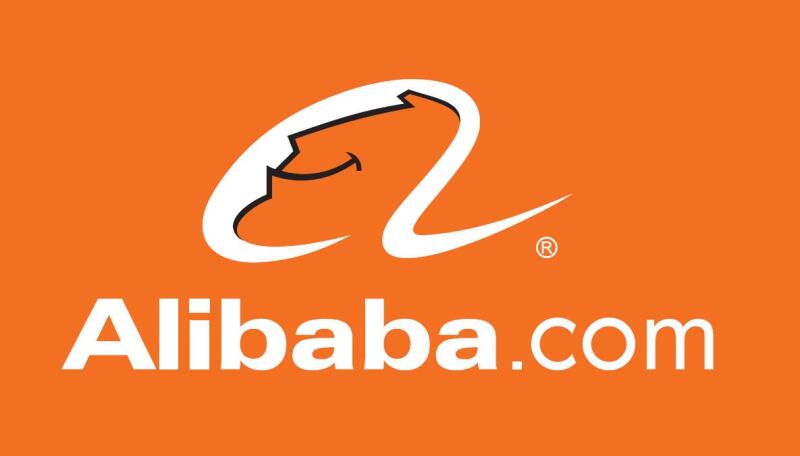
The Chinese internet company’s much anticipated IPO last Friday has met the initial expectations of investors. Closing the day at nearly 40% above the opening price, the IPO will soon go down as the largest ever after it sold an additional 48 million shares this weekend.
While much of the frenzy has focused on the size of China’s growing middle class and its tremendous spending potential, the splashy IPO is also a stepping out of sorts for the Alibaba brand. The Alibaba name has been plastered all over the news in the months leading up to the IPO, and even if the average American or European did not know what Alibaba was (and it’s safe to say that Alibaba is already a household name in its home market), there’s a good chance many know it now. For many Americans and Europeans, Alibaba may be one of the few, if not the only, Chinese company that they can name. Even if most only think of it as “that Chinese company with the biggest IPO of all time”, that is still a big step forward, given the relative difficulty that Chinese companies have had in establishing strong brand identities outside of China (with a few limited exceptions such as Lenovo, Huawei and ZTE).
Even Alibaba’s detractors prove this point to a certain degree; the fact that there’s even an argument that the IPO is overhyped is an acknowledgement that there is cachet and value associated with the Alibaba name and its reputation as the eBay/Amazon/everything of China.
This is not a completely new development. Though Alibaba has had a relatively small presence in the US and Europe (though this may change soon), it has had success building its brand in other markets to the point where others are trying to use its goodwill. In fact Karen Law, senior counsel for Alibaba, told Managing IP that the company regularly deals with infringers in places such as India, Russia and the Middle East making Alibaba-branded goods or using the name for their own services.
Though Alibaba is on its way to being the first global Chinese brand, its Taobao market was listed as a USTR notorious market until December 2012. Since then, Alibaba has made an effort to shake off a reputation that it did not respect IP rights. In the past year, it has signed deals with luxury brands Louis Vuitton Moet Hennessy and Keiring (owner of Gucci) to coordinate efforts to stop sales of counterfeits. And earlier this month, during UK IP Minister Baroness Lucy Neville-Rolfe’s visit to China, the company signed a memorandum of understanding with the China-Britain Business Council, agreeing to do more to crack down on infringers.
In a sense, Alibaba’s, and similarly China’s, development follows a tried-and-true pattern. Much like how the US had a reputation for having little respect for copyright until the development of its own publishing industry in the late 19th century, the expectation has been that China’s attitudes toward IP protection will change when it, to borrow Neville-Rolfe’s phrase, has “skin in the game”. And China indeed wants to play - its National IP Strategy has ambitious goals for all forms of IP, including the development of world-renowned brands. It has also taken notable steps in strengthening IP protection. The continual improvement of IP protection on Alibaba’s marketplaces and in China overall is a reflection that their interests are aligning with those of international rights owners.









